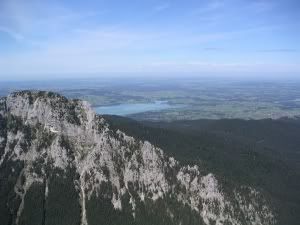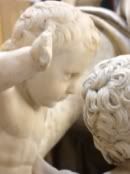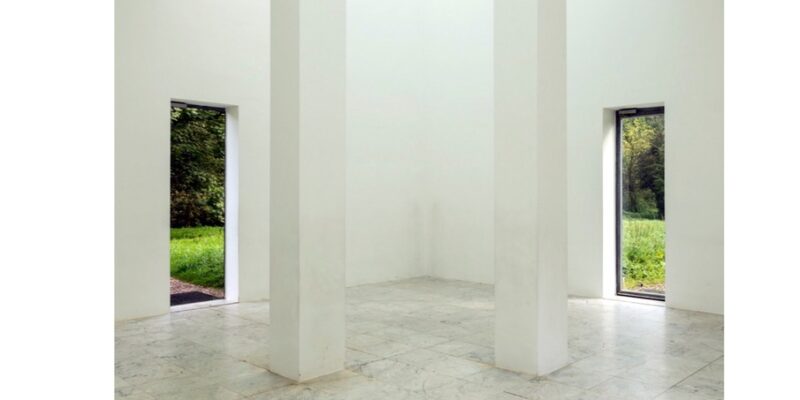
Everybody who was really interested and voiced his problem on equal terms and with equal competence was invited to do so. Afterwards, participants were expected to work on the problems in small groups.
Catching the spirit. Owen had compared it to shamanism. Personally, I was never very enthusiastic about shamanism. Instead, I hold it with ancient Greece. Consequently, I made another mental connection on first hearing the term “Open Space”. To me, another very old way of meeting seems more evidently similar: the symposion of the Ancient Greeks.
Platon writes about it in his famous symposion essay. The principle is a simple one, yet it is hardly applied any more today. Friends or people who know each other meet in order to both exchange intellectual ideas and enjoy physical pleasures (good food and drink). The very idea sounds both attractive and revolutionary. People who came to know and love rigid structures, in particular, will tend towards the latter judgement. For them, Open Space is a procedure of a special nature. In an Ancient Symposion, the first thing that was determined was how to drink. Next came the topic. For Platon, it was love. Symposion – a shared meal. The participants felt physically and emotionally pampered. The Romans adhered to the same wisdom: salus mens et corporis. Healthy both mentally and physically. Maxims for life – in soul and body.

Agora. That is Greek for market place. For some of you, it might sound familiar because you know the word “Agora-Phobia” – that is if you are afraid of huge, open spaces. The Agora was an event. It was a place where not only products, but also ideas were traded. People talked in public about their ideas and discussions ensued. This atmosphere is part of Open Space and must prevail at the beginning.
Using Open Space, you supply what more rigid structures often forbid: time for the now. Good Food. Good ideas. What is commonly associated with the coffee break of a conference. Here, it belongs to the official program.
MB
(Translated by EG)


